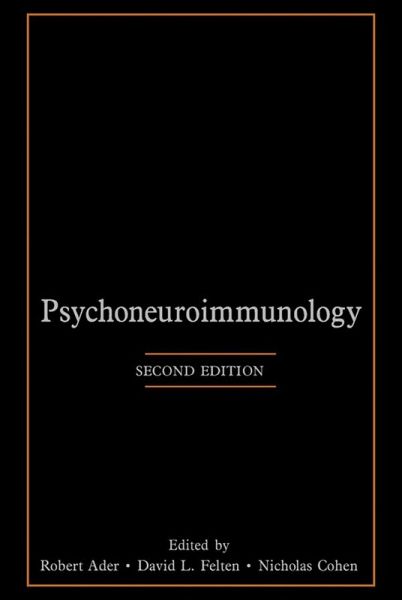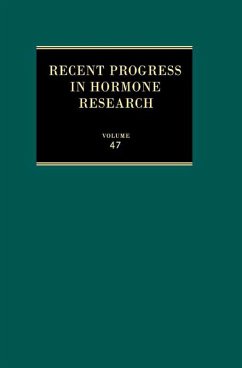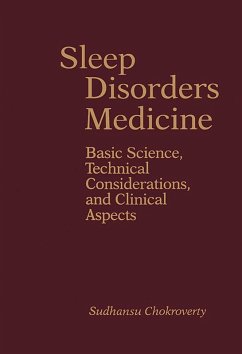
Psychoneuroimmunology (eBook, ePUB)

PAYBACK Punkte
26 °P sammeln!
Psychoneuroimmunology, Second Edition presents reports on the relationship between the nervous and immune systems. The book is divided into four sections. The first section details the role of neural structures and neurotransmitter signals in communication with the immune system. It documents the extensive neural connections with organs of the immune system; the dynamics of noradrenergic sympathetic innervation of spleen and thymus; and the evidence for immune signaling of the CNS. Part II elaborates the role of hormones in the modulation of immune functions; the basis for bidirectional commun...
Psychoneuroimmunology, Second Edition presents reports on the relationship between the nervous and immune systems. The book is divided into four sections. The first section details the role of neural structures and neurotransmitter signals in communication with the immune system. It documents the extensive neural connections with organs of the immune system; the dynamics of noradrenergic sympathetic innervation of spleen and thymus; and the evidence for immune signaling of the CNS. Part II elaborates the role of hormones in the modulation of immune functions; the basis for bidirectional communication between the neuroendocrine and immune systems; and the potential physiological implications of these neuroendocrine-immune system interactions. The third part addresses behavioral influences on immune response; the effects of conditioning, stress and social interactions in modulating immune responses; and the behavioral consequences of experimentally altered or genetically determined immunologic states. The final section presents the effects of psychosocial factors on immune responses and the potential impact of behavioral interventions in modulating immunity in healthy human subjects and in patients with AIDS. Neuroscientists, endocrinologists, and immunologists will find the book interesting.
Dieser Download kann aus rechtlichen Gründen nur mit Rechnungsadresse in A, B, BG, CY, CZ, D, DK, EW, E, FIN, F, GR, HR, H, IRL, I, LT, L, LR, M, NL, PL, P, R, S, SLO, SK ausgeliefert werden.













